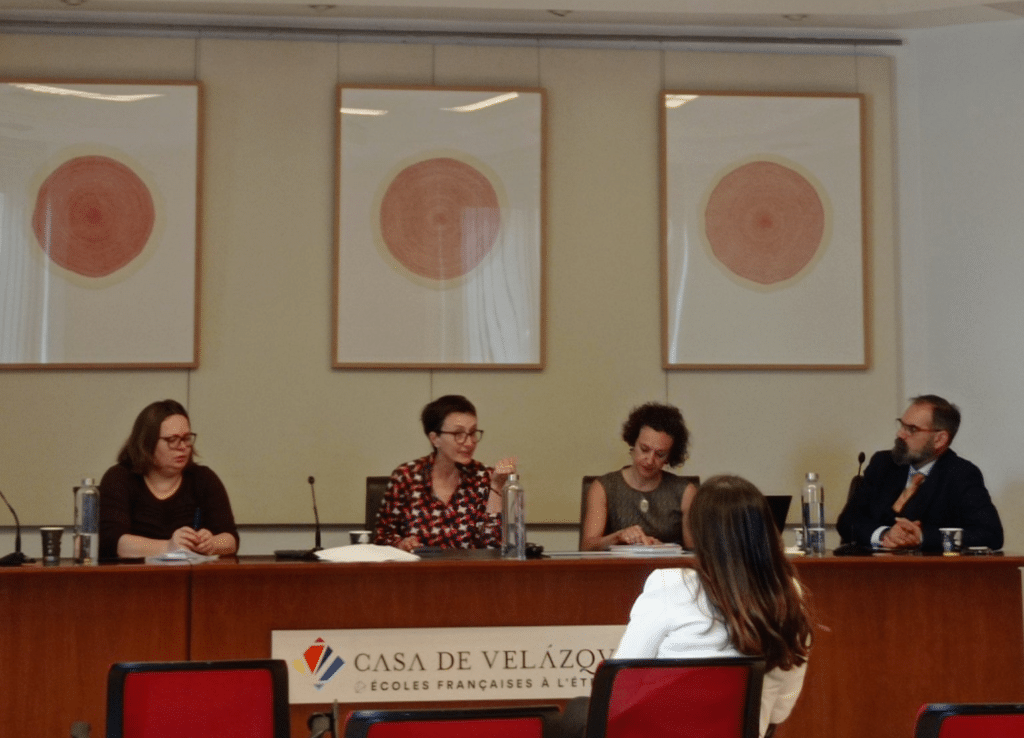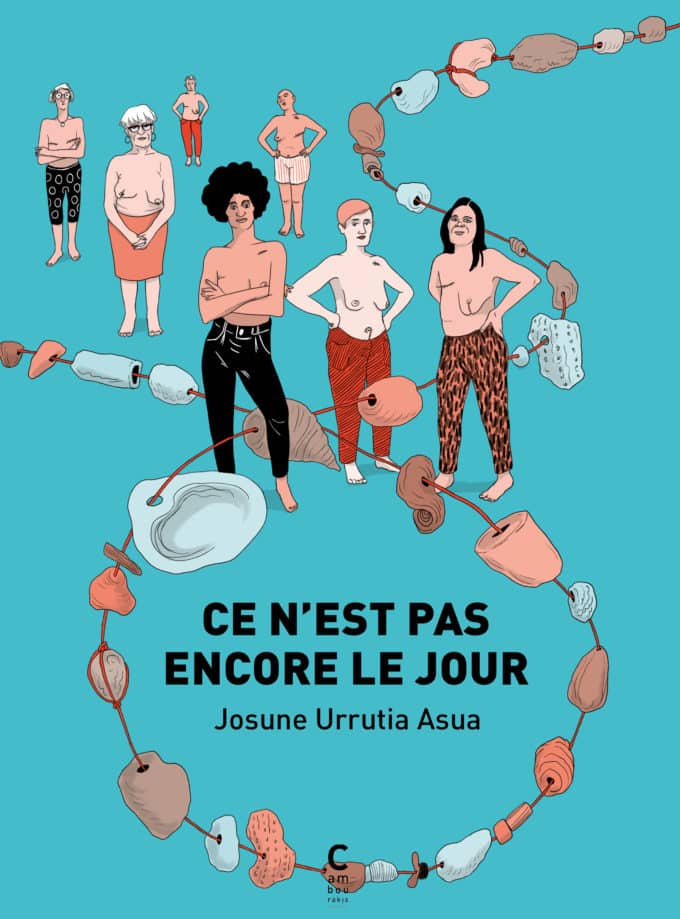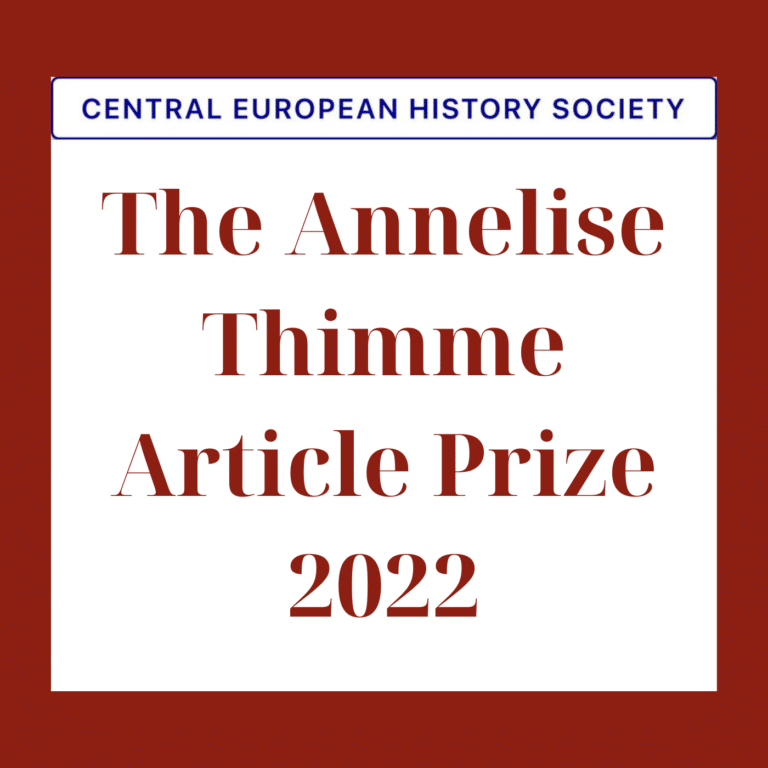On April 27, 2023, Catherine Benoît, holder of the EHESS/Iméra Chair (2022-23), participated in the first debate of a new series of seminars organized by the Institutes for Advanced Study (IAS), titled the “NetIAS debates.” Organized by the Madrid Institute of Advanced Studies (MIAS), this first debate took place in person at the Casa de Velázquez in Madrid, focusing on the theme of “Im/mobilities, Citizenship and Necropolitics at Europe’s Borderlands”

Catherine Benoît’s presentation, entitled “Im/mobilities and Necropolitics: French Overseas Departments in the Caribbean and the Indian Ocean as Distant Borders of Europe,” focuses on the border regions of the “Fortress Europe” that are located far from the shores of the Mediterranean, the English Channel, or the land border with Turkey. These regions consist of the French overseas departments in the Caribbean and the Indian Ocean, serving as invisible buffer zones of France and the European Union at the edge of the former French colonial empire, both geographically and historically.
Catherine Benoît’s presentation also addressed the issues of “mass illegality” and the “deportation regime,” which are characteristic of the treatment of foreign nationals in the French overseas departments.
About the first NetIAS debate
Two other speakers, Irina Nicorici and María Hernández-Carretero, participated in this first session of the NetIAS debates.
Irina Nicorici’s contribution focused on the history of human movements on the easternmost periphery of Europe along its borders with the former USSR.
Based on a longitudinal ethnographic study of Senegalese migrants (mostly men) in Catalonia, Spain, María Hernández-Carretero discussed the border experiences of migrants in situations of chronic and cyclical administrative irregularity.



